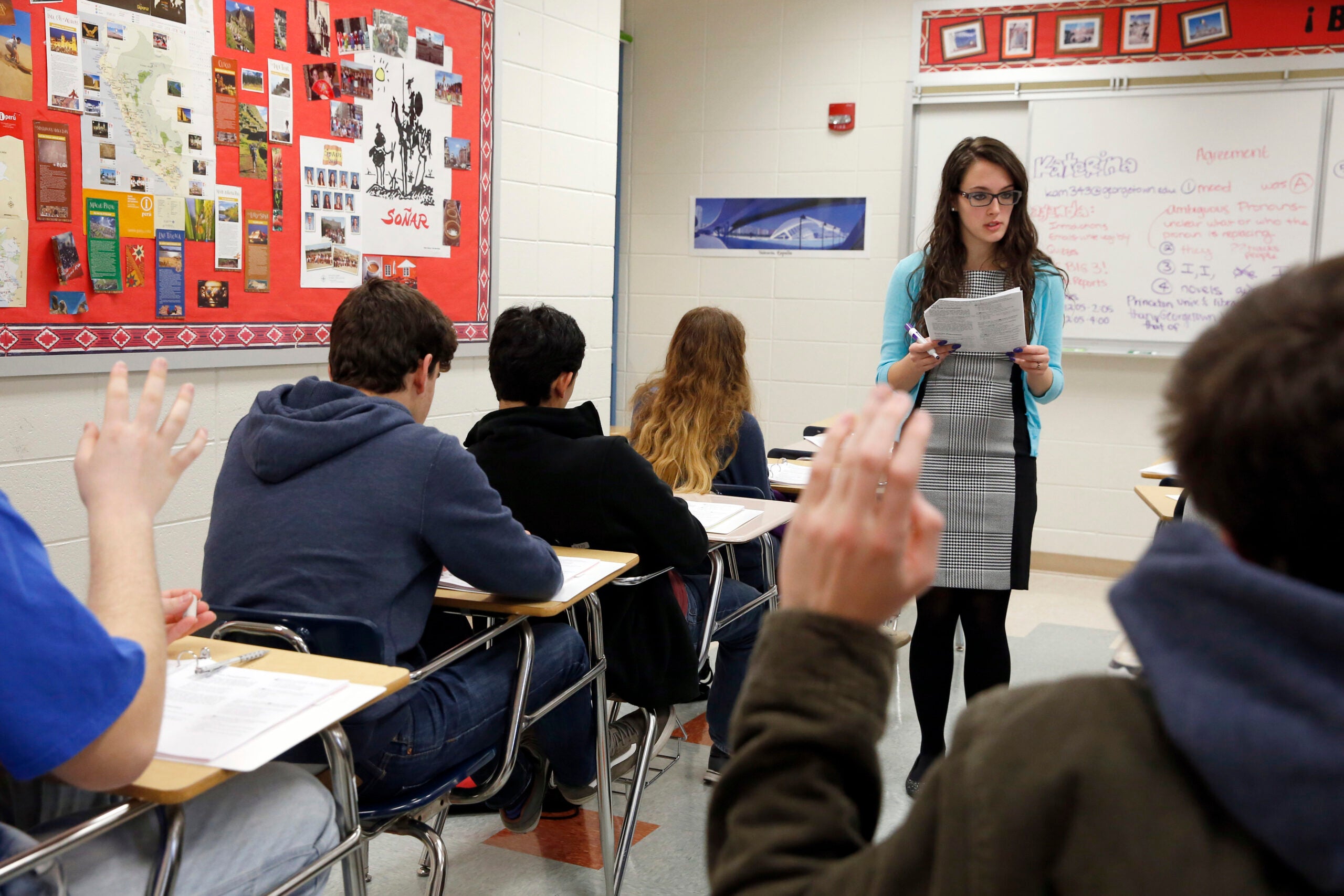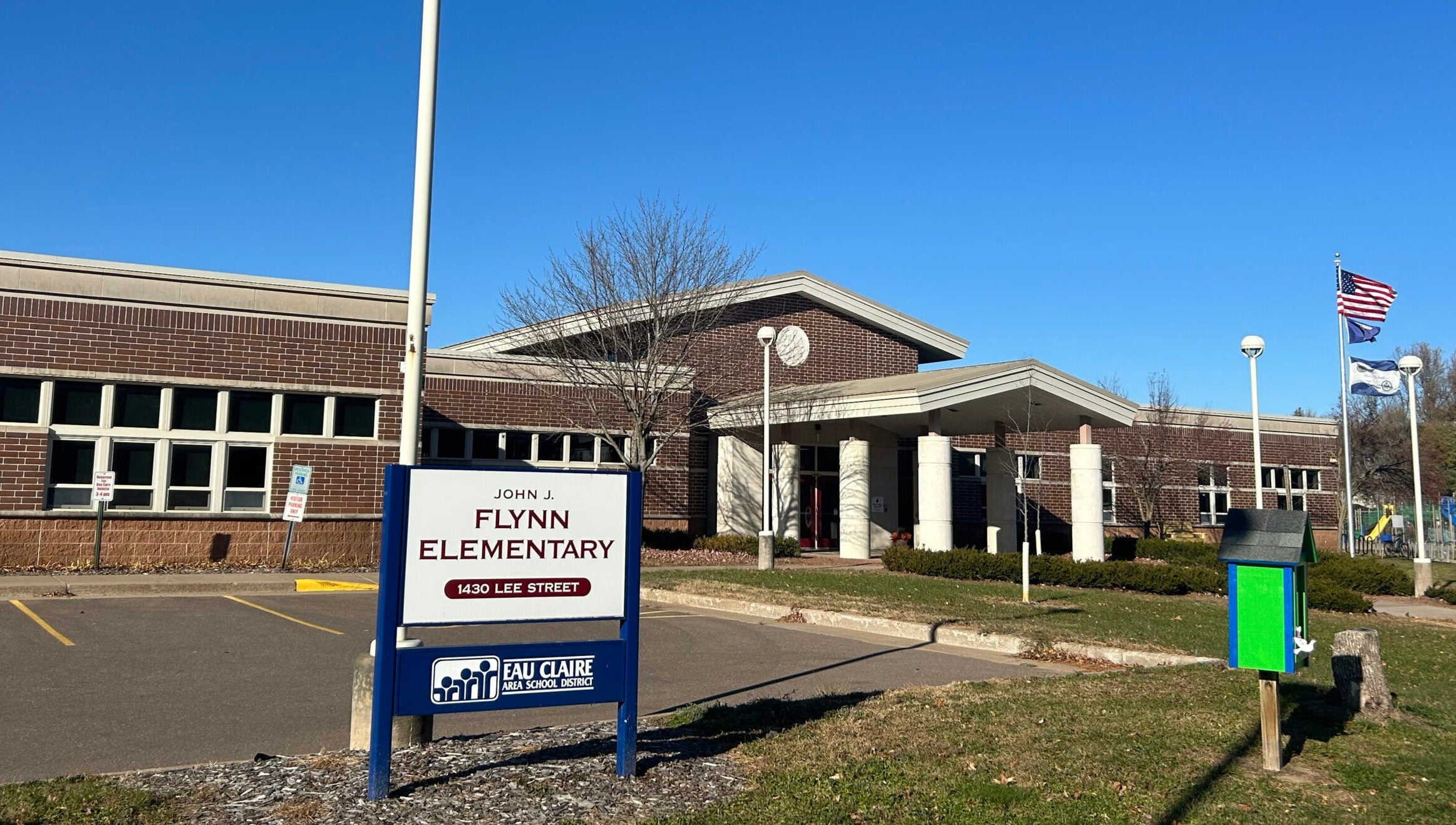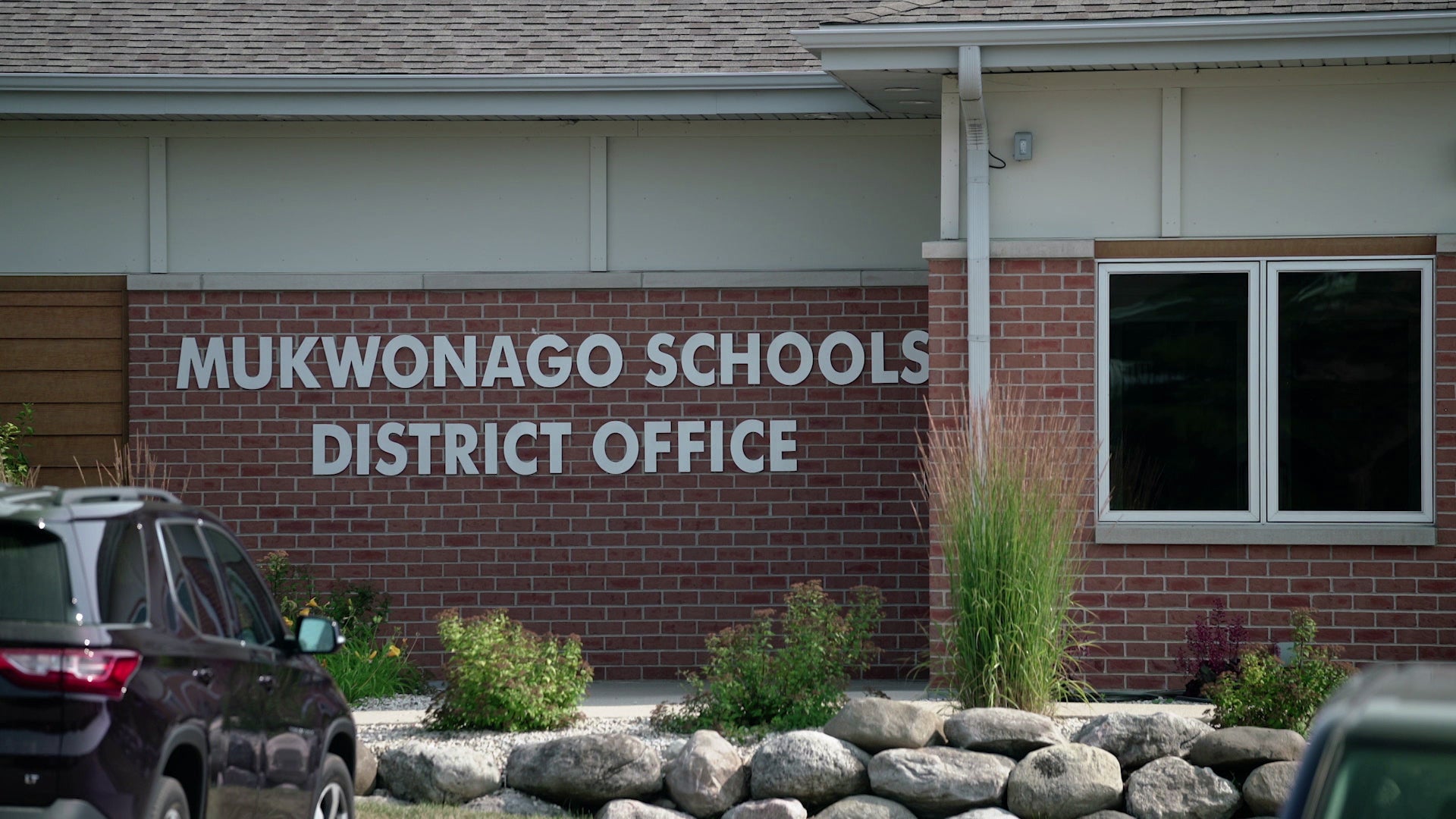A group of local parents, represented by the conservative groups America First Legal and the Wisconsin Institute for Law and Liberty, are suing the Eau Claire Area School District over its guidance on supporting transgender and gender non-conforming students. The parents say the guidelines violate their religious liberty and constitutional right to make decisions about their children.
The district’s guidance encourages school staff to meet with transgender students about changing their names and pronouns, using different bathrooms and playing on sports teams that match their gender identity. According to a district administrative guide made public by WILL, this is meant to “foster inclusive and welcoming environments that are free from discrimination, harassment, and bullying” and “to facilitate compliance with district policy.”
Eau Claire’s school district doesn’t require staff to inform parents about these changes.
News with a little more humanity
WPR’s “Wisconsin Today” newsletter keeps you connected to the state you love without feeling overwhelmed. No paywall. No agenda. No corporate filter.
“Some transgender, non-binary, and/or gender-nonconforming students are not ‘open’ at home for reasons that may include safety concerns or lack of acceptance,” the district guide said.
The lawsuit is asking the court to strike down that guidance.
“That policy flagrantly violates parents’ constitutional rights,” said Luke Berg, deputy counsel for WILL. “Courts have long recognized that parents have the right to raise their children and to make decisions with respect to their children. The government cannot step in and make those decisions for parents, and that is what the Eau Claire Area School District is doing.”
Making changes without parental consent, Berg said, can also interfere with a parent’s ability to raise their child in accordance with their religious beliefs.
“By cutting parents out of the decision-making process and just immediately facilitating a transition, the school district is preventing parents from consulting with experts and choosing the right course for their child,” he said.
The Eau Claire Area School District declined to comment on the lawsuit.
WILL filed a similar lawsuit in 2020 on behalf of a group of parents against the Madison Metropolitan School District. The parents argued a district policy allowing children to use their desired names and pronouns without parental consent could infringe on their constitutional right to decide how to raise their children.
The Wisconsin Supreme Court chose not to block the policy based on a procedural issue, but the case is ongoing in lower courts.
“These policies that the school districts have are intended to help students work with their families, but do not require the schools to out these students to their families, because that may not be safe, and it may actually lead to an increased risk of suicide,” said Christine Dunahoe, an American Civil Liberties Union of Wisconsin attorney working on the case in Madison.
According to a 2022 national survey of LGBTQ+ youth by the advocacy organization The Trevor Project, fewer than a third of transgender and non-binary youth reported that they lived in a gender-affirming household. Of those in homes that didn’t affirm their gender, 20 percent said they’d attempted suicide in the past year, compared to 14 percent in supportive homes.
Among all the youth surveyed, those who said their school was LGBTQ+ affirming were less likely to attempt suicide.
“When we are talking about LGBT youth and especially trans students, we know that they’re at a heightened risk of being rejected from their families if they come out as trans,” Dunahoe said, “and so being able to come out and be seen by their school community without the risk of being outed to their parents before they are ready, allows them space to learn and grow and be themselves if they’re not ready or capable of doing that with their families.”
The Wisconsin Department of Public Instruction encourages schools to create supportive environments for LGBTQ+ students, said DPI Education Consultant Molly Herrmann.
“Students who don’t have their pronouns and names respected are twice as likely to attempt suicide,” she said. “So I know it’s really important for their mental health to create that safe and supportive environment and that adults play a key role in that.”
Engaging families or supportive adults in this process can be important, she said, because if a student has even one adult affirming their identity, that significantly reduces the chances they’ll attempt suicide. But how to involve adults depends on each student’s needs, she said.
“What we know is that letting the student lead the family engagement part is really important,” Herrmann said. “Because they’ll best know how to build that support at home and how to increase family engagement.”
Editor’s note: If you or someone you know is considering suicide, call the suicide prevention lifeline at 1-800-273-8255 or text “Hopeline” to 741741.
Wisconsin Public Radio, © Copyright 2025, Board of Regents of the University of Wisconsin System and Wisconsin Educational Communications Board.







